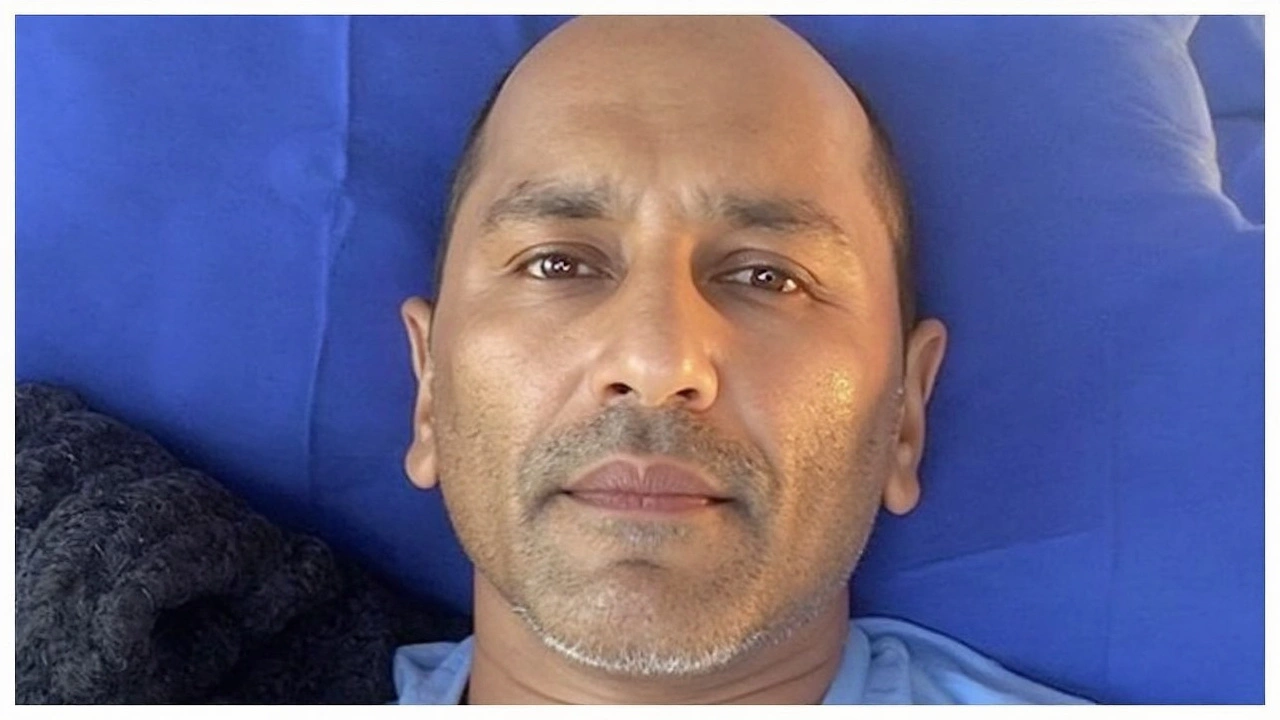Colon Cancer: What You Need to Know in Plain Language
Colon cancer is one of the most common cancers, but many people think it only affects older folks. The truth is, anyone can develop it, and catching it early makes a huge difference. Below you’ll find the basics – symptoms, prevention tricks, screening tips, and what treatment looks like – all in everyday language.
Spotting the Signs Early
Most colon cancers don’t cause pain right away. Instead, they show up as subtle changes in your bathroom habits. Look out for:
- Blood in the stool or very dark stool that looks like tar.
- Persistent cramps, gas, or feeling bloated.
- A sudden need to go to the bathroom, or the opposite – feeling like you can’t go even though you need to.
- Unexplained weight loss or fatigue.
If any of these stick around for more than a couple of weeks, call your doctor. Early checks can catch a tumor before it spreads.
How to Lower Your Risk
Good news: a lot of what raises colon cancer risk is within your control. Here are three simple habits that add up:
- Eat more fiber. Whole grains, beans, fruits, and veggies keep things moving and reduce irritation in the colon.
- Cut down on red and processed meat. Swap a steak for a handful of nuts or a plant‑based protein a few times a week.
- Stay active. Even a daily 30‑minute walk lowers the chance of cancer and improves overall health.
Don’t forget to limit alcohol and quit smoking – both are proven risk boosters.
Screening Made Easy
Screening is the best tool we have to find colon cancer early. The most common tests are:
- Colonoscopy. A doctor looks inside the colon with a camera. It can also remove tiny polyps before they turn cancerous.
- Stool DNA test. You send a stool sample to a lab, and it checks for genetic changes linked to cancer.
- Flexible sigmoidoscopy. Similar to colonoscopy but only checks the lower part of the colon.
Guidelines suggest beginning regular screening at age 45 for average‑risk adults, and sooner if you have a family history or other risk factors.
Treatment Options Explained
If cancer is found, treatment depends on the stage. Most people start with surgery to remove the tumor. Later steps may include:
- Chemotherapy. Drugs that kill any remaining cancer cells.
- Radiation therapy. High‑energy beams targeted at the tumor site.
- Targeted therapy. Medicines that block specific molecules cancer cells need to grow.
Your care team will customize a plan that balances effectiveness with side‑effects. Many patients also join support groups – talking with others who’ve been through it can boost morale.
Bottom line: colon cancer is serious, but it’s also one of the most preventable and treatable cancers when you act early. Keep an eye on your body, adopt healthier habits, and get screened on schedule. If you notice anything odd, don’t wait – a quick doctor visit could save your life.
Vibhu Raghave’s Death at 37 Puts Spotlight on Colon Cancer in Young Adults
Vibhu Raghave, famous for his TV roles, lost his life at 37 to stage 4 colon cancer in Mumbai. Friends and colleagues remember him fondly, while his passing raises fresh concerns about colon cancer striking young adults. Funeral arrangements took place in Jogeshwari, with heartfelt tributes pouring in.
VIEW MORE